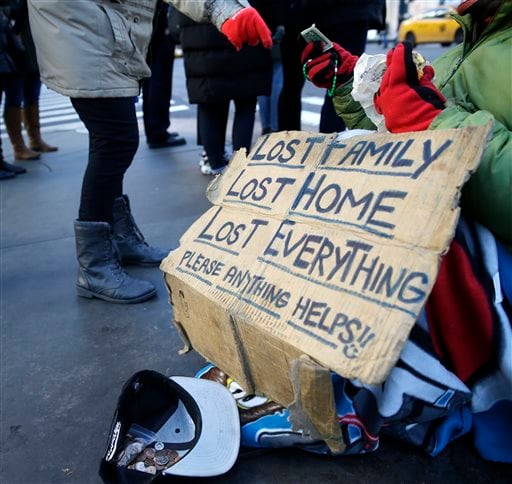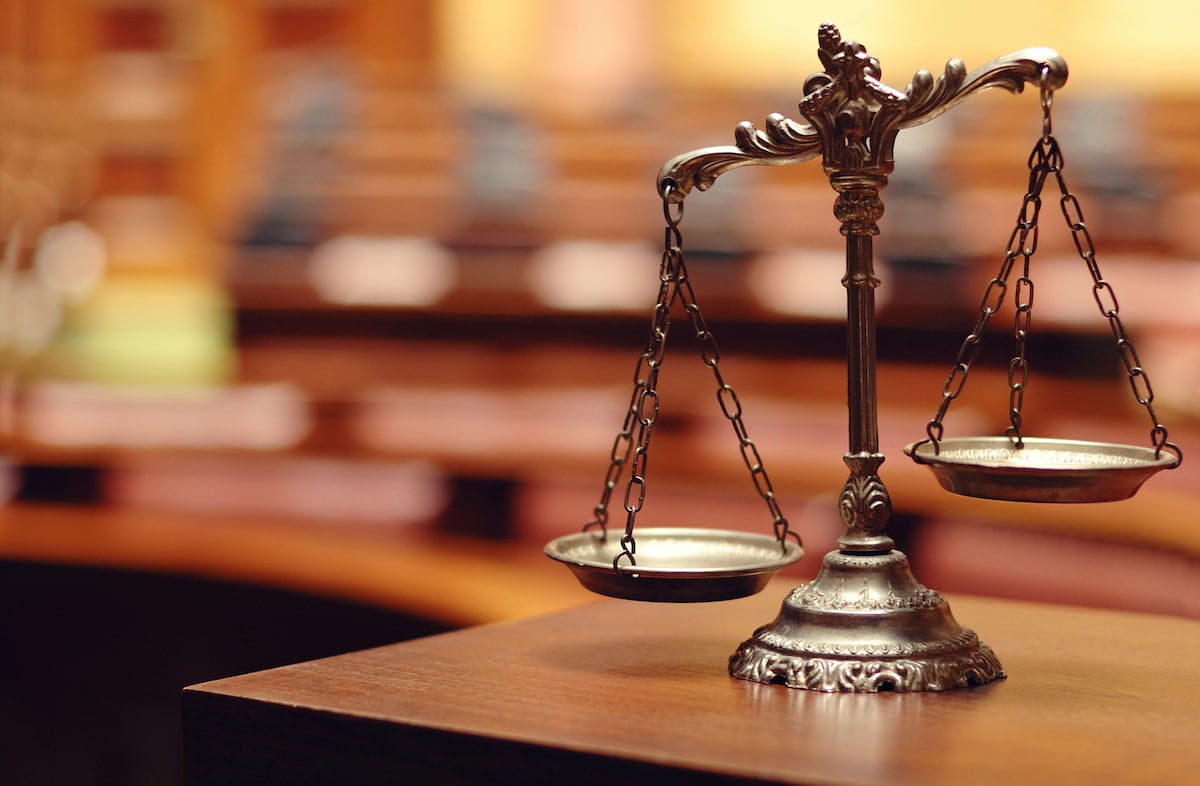As a legal aid lawyer, I work with veterans every single day.
I see them struggle to get benefits they have earned through service to their country. I see their court battles to keep their homes and livelihoods. As a veteran myself, I’m deeply saddened to see how often the scales of justice are tipped against them.
For the veterans I see, the legal problems they must address threaten basic human needs — keeping roofs over their heads, paying for groceries and other necessities, and receiving necessary medical treatment.
Far too often, veterans do not know their rights and don’t get the help they need. Low-income veterans and other military personnel received inadequate or no professional legal help for 88 percent of their civil legal problems in 2017, according to a recent report by the Legal Services Corporation. To make matters worse, the rights of veterans, especially those of disabled and low-income veterans, frequently are violated.
That’s where civil legal aid lawyers come in: We ardently defend veterans’ rights, give them a voice in a process that’s often stacked against them, and help ensure meaningful access to our civil justice system.
RELATED

Recently, I met with a young veteran and his family who previously had been living in their car. After finding housing, the veteran had just started to receive extensive medical care to treat post-traumatic stress disorder. Soon after moving in, the veteran began experiencing issues with the rental home that were negatively affecting his recovery.
For his health, the family needed to move out quickly. The veteran was completely unaware of the fair housing protections that might enable him to break his lease, better care for himself and his family, and avoid a lawsuit by the landlord that would make finding housing more difficult in the future.
Indeed, access to civil legal aid at the time a veteran’s housing becomes threatened can make the crucial difference between remaining housed or becoming homeless, a deeply disturbing reality for veterans.
The Veterans Affairs Department recently released the results of its latest annual survey exploring the causes of homelessness among veterans. It confirms that 7 of the 10 unmet needs of homeless veterans involve a lack of legal help. For instance, many veterans need legal assistance to help restore a lapsed driver’s license or appeal to upgrade their discharge status to qualify for benefits that can keep them stably housed. The findings make clear that access to legal aid is an essential tool to help end veteran homelessness.
The same LSC report mentioned above — done in partnership with NORC at the University of Chicago, a nonpartisan research organization — concluded that 7 out of 10 low-income households with veterans or other military personnel experienced a civil legal problem in the past year, including 21 percent who had six or more problems related to the civil justice system. Again, these findings highlight the enormous difference having access to legal assistance makes in the lives of veterans and low-income Americans.
Another very low-income veteran I worked with recently moved out of his subsidized rental home after living there for many years. Instead of returning his security deposit, which the veteran was planning to apply toward his new home, the property owner billed him for thousands of dollars’ worth of repairs. As a legal aid lawyer, I knew the landlord was breaking the law by taking advantage of the veteran and wrote a letter demanding that the security deposit be returned. The money was refunded.
Small legal victories like this may not seem like much, but they make all the difference to these men and women who had the courage to serve in our armed forces. In 2016, legal aid organizations like mine served more than 41,000 low-income households with veterans. The data we have makes clear far more resources are needed to meet the civil legal needs of veterans.
If our country is serious about protecting the people who put their lives on the line to defend us, it’s time we make the public and private investments needed to ensure they have the legal help they need to protect their health, their homes, and their families.

Alicia McCormick served four years in the Coast Guard, including time on the icebreaker Polar Star. She’s a staff attorney with the Northwest Justice Project, a publicly funded, statewide civil legal aid program in Washington state. Her work representing veterans is funded through the Veterans Affairs Department’s Supportive Services for Veteran Families, a group that aims to reduce veteran homelessness.



